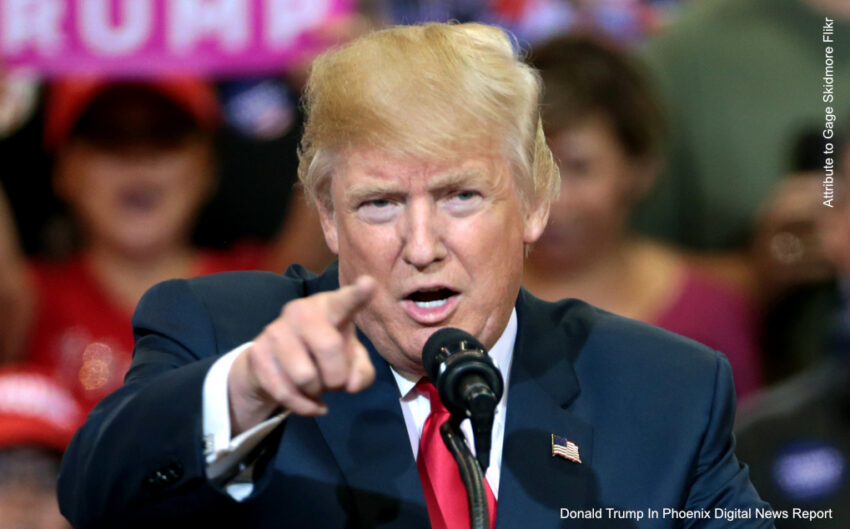In a significant legal development, the Supreme Court decided not to hear a challenge relating to a search warrant concerning former President Donald Trump’s account on X, the platform previously known as Twitter. This decision comes after special counsel Jack Smith secured a warrant in January 2023 to access various aspects of Trump’s social media activity. The warrant allowed access to draft tweets, direct messages, and search history, while also imposing a nondisclosure order on the platform, preventing it from notifying Trump about the warrant.
- The Supreme Court declined to hear a challenge regarding a search warrant for Donald Trump’s account on X (formerly Twitter), which granted access to his draft tweets, direct messages, and search history.
- X, owned by Elon Musk, argued the case could set a dangerous precedent, allowing the government to bypass privilege assertions by obtaining user communications from third parties.
- The platform was fined $350,000 for delaying the release of information, citing concerns over First Amendment rights and privilege claims.
- Special counsel Jack Smith maintained that the case was moot, and no executive privilege was at risk, a position the lower courts supported.
The case took a turn when X, under the ownership of Elon Musk, approached the Supreme Court in June, arguing that the government could potentially require companies to produce user communications without allowing users to claim privilege. This legal argument was based on the implications that the case might have on privilege holders, including those involving attorney-client and doctor-patient confidentiality. X emphasized that the ruling could set a precedent, allowing the government to bypass privilege assertions by obtaining communications from third parties.
Other news outlets highlighted the concerns expressed by X in their petition. They argued that the government’s actions could infringe upon the First Amendment rights of service providers to inform users timely, enabling them to assert their privileges. Despite these arguments, the justices, in an unsigned order, declined to hear the appeal, leaving the lower court’s ruling intact.
The controversy intensified when X was fined $350,000 for failing to meet the court’s deadline to provide the requested information. This delay was seen as a strategy to contest the order on grounds related to the First Amendment. During a February hearing, Judge Beryl Howell questioned whether X’s resistance was influenced by personal affiliations with the former president. Meanwhile, Smith countered the appeal, suggesting that the matter was moot and no executive privilege issues were present in this instance.
The decision by the Supreme Court not to take up the case underscores the ongoing legal battles surrounding Trump’s social media activities and raises questions about the balance between privacy rights and governmental authority.

